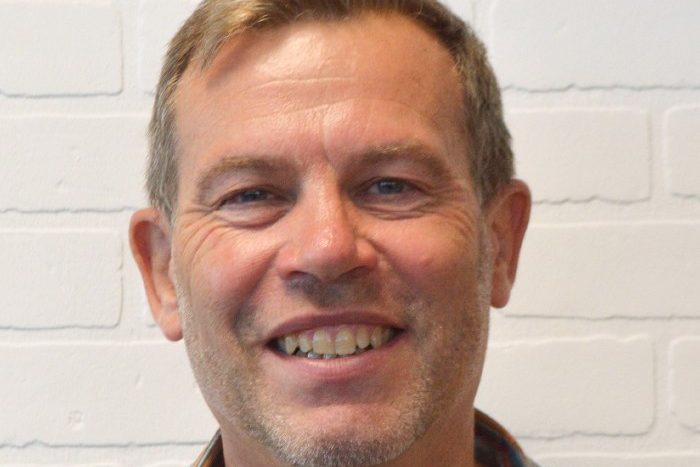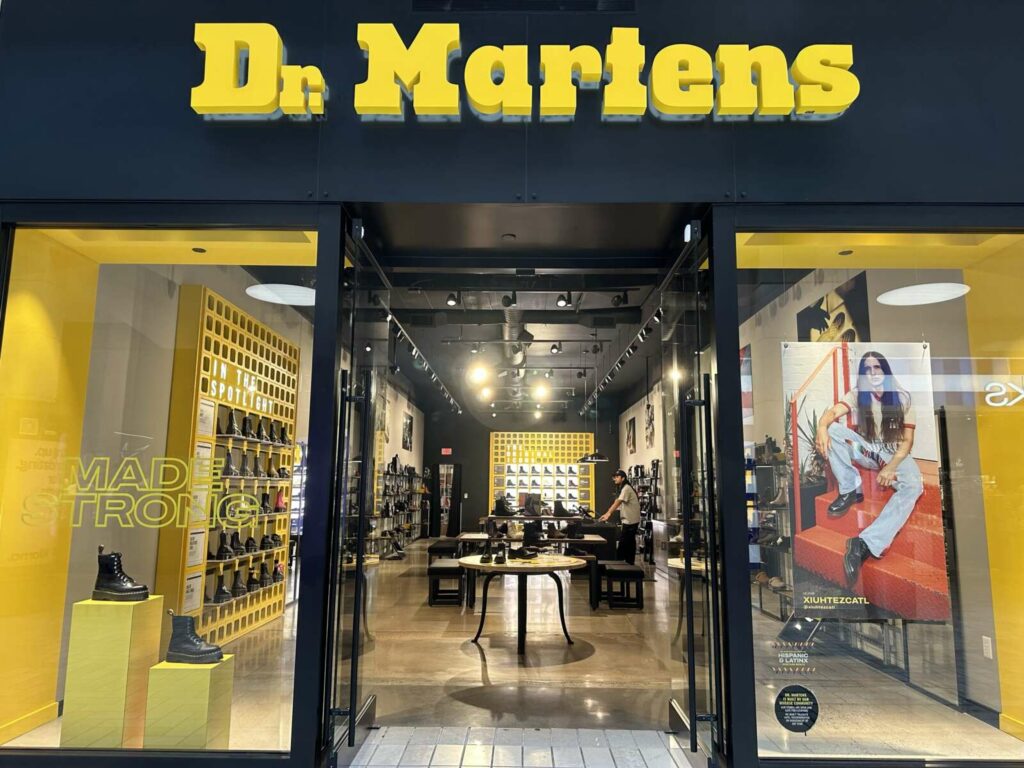John Stockton was first drawn to Weird Fish in the early 2000s after noticing the lifestyle clothing and accessories retailer was recognised for its good quality garments.
Since joining as managing director in 2008, he steered the retailer into becoming an “early-adopter” of digital investment that made it “well-prepared” for the Covid-19 pandemic.
With three lockdowns and the worst of the pandemic behind us, Stockton is now working towards producing 80 per cent of Weird Fish’s products from organic and recycled materials – a goal he hopes to reach by 2022.
“Our clothing is currently made from 60 per cent of recycled materials,” he told Retail Gazette.
In 2018, Stockton gathered the Weird Fish team to put forward a plan titled The Only Way is Ethics – inspired by reality TV show The Only Way is Essex.
“I’m from Essex so I came up with the name for the plan,” he joked.
“We were the first people in the UK to introduce and replace carrier bags, with bags made from grass paper in 2019.
“We managed to find the manufacturer in Germany. Grass paper uses a fraction of the water that the wood pulp uses to make paper bags.
“We know our manufacturers pretty well, we’ve partnered with many of them for over 20 years so we work closely with them.”

Stockton told Retail Gazette that Weird Fish aimed to embrace sustainability by setting itself targets, but it “doesn’t want to over promise”. He added that Weird Fish sets itself apart from competitors by selling sustainable clothing at non-premium prices.
“We didn’t want to put prices up where we didn’t have to,” he said.
“It wasn’t just about jumping on the bandwagon as everybody’s sort of going down the green route.”
Even though Weird Fish has grown over the years, Stockton still “thinks as a small company”.
“If you buy something online, you will get an email from me which welcomes you to our shop,” he added.
“I get a lot of feedback. If we do something wrong that customers don’t like, or we change something, I try and make sure we engage with them.
“I know it’s old fashioned, but I try and make sure I answer every one of those.”
He said his experience in listening to customer demand comes from his role at Poole-based fashion retailer Animal, where he was chief executive for eight years before joining Weird Fish.
“I remember everyone was talking about sustainability in the early 2000s at Animal,” Stockton recalled.
“Animal offered a good product range before ceasing the business last year.
“At Animal, I learnt how to grow a business sustainably, and that was a time when not everybody was rolling out new stores.
“We were actually early adopters of developing the business internationally.”

“Once we saw the benefits of the digital investment, Weird Fish became agile enough to really get behind it and become a digital first business,” Stockton said.
“We sent out direct mail campaigns that we used to run where we’d send out 300,000 brochures.
“The print brochures have since been stopped and all that money goes into digital development and promotion.”
Stockton said Weird Fish’s eco-friendly range and digital brochures were as a result of consumer demand. One of the ways this was determined was through surveys being sent out to customers ahead of a product launch in an effort to gauge opinion. The retailer also utilises social media platforms such as Facebook and Instagram.
“That’s an area that we’ve really focused our attention on during the pandemic that perhaps we weren’t as prevalent in before,” Stockton said.
As the pandemic led to a rise in online sales during lockdowns and tiered restrictions, Weird Fish witnessed an 84 per cent surge in ecommerce sales last year after focusing on digital investment and the development of its destination stores.
The retailer also saw a 105 per cent increase in new customers. During the brief period in summer last year when non-essential shops were allowed to open in between the first and second lockdowns, Weird Fish saw an overall 11 per cent increase in store like-for-like sales.
“Multichannel businesses have grown more quickly online than some of the pure players because there was already an awareness of the brand,” Stockton said.
“We have 350 stockists in the UK, so there was already a good brand awareness.
“We witnessed a drop in formalwear as more working from home and casualwear was on the rise.
“As the ecommerce trade really began to grow during the summer, it really helped with our chas problem. Our bank had supported us, and we supported our suppliers.”
Stockton also told Retail Gazette that the pandemic brought Weird Fish closer to its suppliers: “We made sure that we paid our suppliers in full. The last thing we’re going to do is launch new sustainable collections and then not pay our suppliers in full.”
Weird Fish has grown its business by employing more staff. Stockton said the retailer had three people involved in digital and marketing in 2018, and this year there are currently over 20 people in the team.
“We are increasingly seeing good quality independents embrace digital communications and engagement by offering click-and-collect, reserve and collect and even local delivery services,” he said.
“With customers returning to shopping more locally, we see independent stockists just as important for the continued growth of the brand, and are introducing an online B2B portal to improve our service and choice as part of our digital investment for spring/summer 2022.”
Click here to sign up to Retail Gazette‘s free daily email newsletter


















